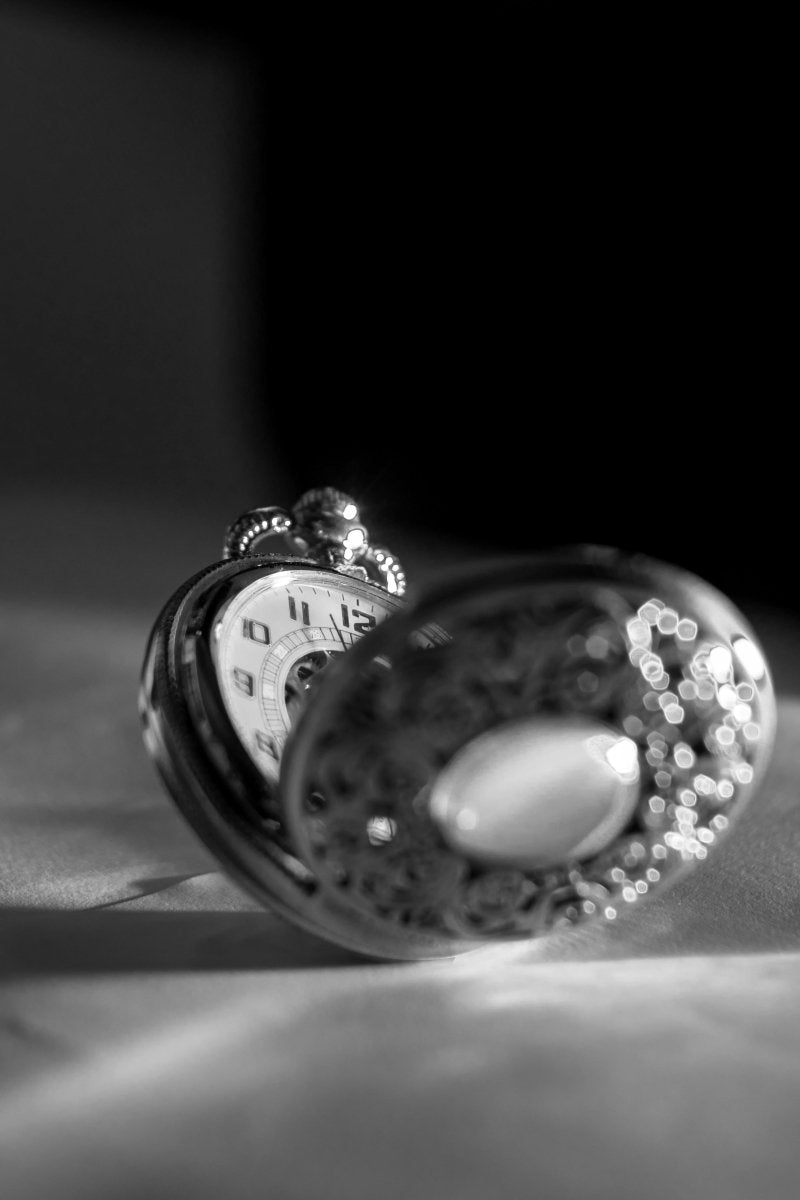
Time: The New Luxury in an Increasingly Digital and Hectic Age
What do you deem to be a status symbol? An expensive car, designer clothing or a sprawling home?
Increasingly, I would argue, the answer is nothing physical at all but instead that time itself has become a coveted commodity.
The Digital Onslaught: Never-Ending Distractions
The digital age has revolutionized the way we live, work, and connect. In the blink of an eye, we can access information, communicate with anyone around the world, and shop for anything we desire. However, this constant connectivity often comes with a hidden cost: time. We are living in an era where the boundaries between work and life are increasingly blurred, and many find themselves tethered to their devices around the clock. Notifications, emails, social media updates, and the pressure to be constantly available all contribute to the feeling of being perpetually "on."
With so much of our time spent in the digital realm, it becomes harder to disconnect and prioritize what truly matters. The more we are surrounded by digital distractions, the more we crave the freedom to be present in the moment—a freedom that seems to slip further away as our schedules become packed with tasks, meetings, and obligations.
The Desire for Quality Over Quantity
As the world becomes faster and more chaotic, many people are starting to crave quality over quantity in their time. It's no longer about doing more, but about doing what matters most and experiencing moments without the rush. Time spent with family, friends, or engaging in self-care has become an invaluable asset. People are learning to cherish activities that allow them to unplug from the digital noise and reconnect with themselves and others. Whether it’s taking a walk in nature, enjoying a long dinner with loved ones, or simply reading a book without interruptions, the value of "uninterrupted" time is skyrocketing.
More than ever, there’s a growing emphasis on mindfulness and living in the present. People are seeking ways to slow down their hectic lives by saying "no" to unnecessary commitments and "yes" to moments of stillness. This shift in mindset reflects an increasing recognition that time spent in genuine, quality experiences is far more enriching than time spent chasing productivity or achievement.
The Rise of Time-Saving Technology
Ironically, technology is playing both sides of the game. On one hand, it’s responsible for speeding up the pace of our lives, but on the other, it’s also enabling us to reclaim our time. Time-saving technologies, such as automation tools, smart home devices, and AI-driven personal assistants, allow us to delegate tasks and streamline mundane chores. Services like grocery delivery, meal kits, and virtual assistants free up valuable time that can be used for more meaningful pursuits.
However, there's a caveat. The more we rely on technology to "save" time, the more we face the risk of losing the ability to manage our time effectively. We must be careful not to replace one form of distraction with another. The key to using technology for time management lies in maintaining a healthy balance—embracing tools that allow for convenience while also setting boundaries to protect personal, unplugged moments.
The Economy of Time: Paying for More Hours in the Day
The concept of time as a luxury is increasingly influencing consumer behavior. In a world where everyone feels overbooked and overstimulated, services that promise to give people back their time are booming. For example, subscription-based services such as personal concierge services, premium delivery options, and on-demand errands are gaining traction. Wealthy individuals, in particular, are investing in these services to free up time that would otherwise be spent on day-to-day tasks.
Similarly, the "time off" movement is gaining popularity, with more people opting for extended vacations, sabbaticals, or weekend getaways that allow them to disconnect completely. These experiences, while expensive, represent an investment in personal well-being and a deliberate attempt to escape the relentless demands of modern life.
Time as a Measure of Well-Being
As time becomes the new luxury, it’s also being linked to overall well-being. There’s growing recognition that how we spend our time impacts our mental and physical health. The constant rush to keep up with work, digital demands, and social expectations can lead to burnout, anxiety, and fatigue. People are starting to view time as more than just hours in a day; it’s an investment in their happiness and longevity.
For example, some forward-thinking companies are now offering employees the flexibility to work fewer hours or providing extended vacation days as a way to foster a healthier work-life balance. This shift toward valuing time over money is indicative of a broader cultural movement toward redefining success—where personal fulfillment and well-being are prioritized over traditional markers of achievement like wealth and status.
The ability to reclaim our time—whether by disconnecting from the digital world, making intentional choices about how we spend our hours, or investing in time-saving technologies—has become a luxury that many seek. As we move forward, we must recognize that, while technology can help us manage our time more efficiently, it is ultimately up to us to define how we spend it. In a world that’s moving at breakneck speed, it is those who learn to slow down, savour moments, and prioritize quality over quantity who will truly understand the value of time.